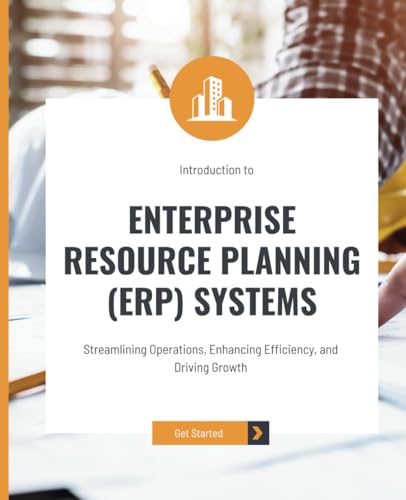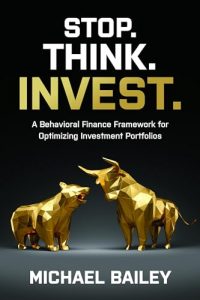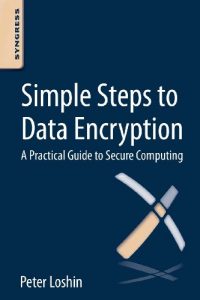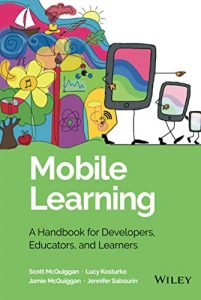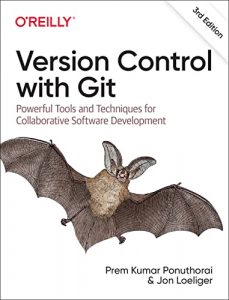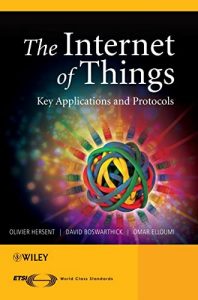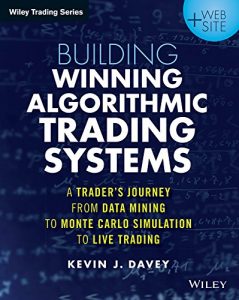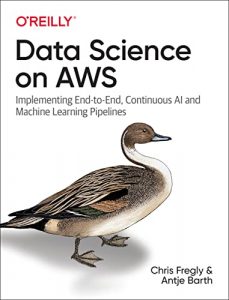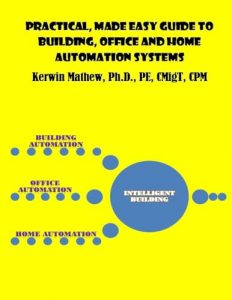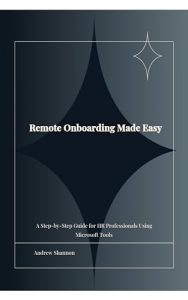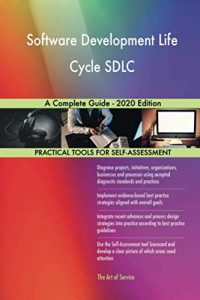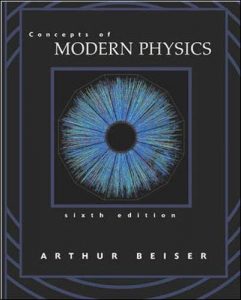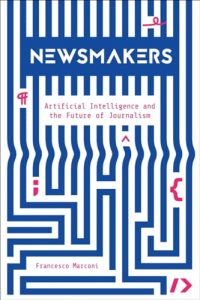1. Introduction to Enterprise Resource Planning (ERP) Systems: Streamlining Operations, Enhancing Efficiency, and Driving Growth
In an age where businesses strive for excellence, understanding how to streamline operations is crucial. Kiet Huynh’s “Introduction to Enterprise Resource Planning (ERP) Systems” provides a comprehensive overview of ERP systems, highlighting their capability to enhance operational efficiency and drive growth. This book delves into real-world applications and the technology behind ERP that empowers organizations to maximize their productivity. It’s essential reading for business leaders looking to adapt in this digital age. The insights contained can lead to tangible improvements in how businesses operate, making it a must-read for anyone serious about business success.

2. Concepts in Enterprise Resource Planning
This foundational text, penned by Ellen Monk and Bret Wagner, explores the key concepts behind ERP systems. “Concepts in Enterprise Resource Planning” is not only a textbook but also a guide to navigating the complexities of ERP implementation. With a focus on real-life cases and theoretical frameworks, this book serves as an essential tool for both students and practitioners alike. The multi-faceted approach of the authors helps to demystify the intricate world of ERP, making it accessible and applicable. This book is a vital addition for anyone involved in business management or IT integration.

3. The Evolution of Enterprise Resource Planning (ERP)
Mr. Don Moore’s “The Evolution of Enterprise Resource Planning (ERP)” takes a deep dive into how ERP systems have transformed over the years. This book paints a picture of the past, present, and future of ERP technology in business settings. A crucial read for strategic planners and IT professionals, it illustrates the dynamic nature of ERP systems and how they can adapt and evolve in today’s fast-paced market. By understanding this evolution, readers can better position their organizations for future challenges and innovations.

4. ERP: Making It Happen: The Implementers’ Guide to Success with Enterprise Resource Planning
Thomas F. Wallace and Michael H. Kremzar authored a powerful guide titled “ERP: Making It Happen”. This book is perfect for anyone responsible for implementing ERP systems in their organization. It walks through the critical steps of ERP adoption, highlighting common pitfalls and offering actionable strategies for success. The practical approach of this guide equips readers with the knowledge needed to facilitate smooth transitions and ensure project success. Anyone involved in this endeavor cannot do without this insightful resource.

5. Critical Success Factors in Enterprise Resource Planning Implementation in U.S. Manufacturing
Justin Lee Goldston’s “Critical Success Factors in Enterprise Resource Planning Implementation” explores the unique challenges faced by manufacturers in the U.S. when adopting ERP systems. Through in-depth analysis and case studies, Goldston identifies the key factors that drive successful implementations. This book serves as a crucial guide, providing practical strategies that manufacturers can apply in their ERP initiatives. For industry leaders, this is a vital resource to navigate the complexities associated with ERP.

6. The Human Touch in Enterprise Resource Planning (ERP): A People-Centric Approach
Collin Lopes presents a refreshing perspective with “The Human Touch in Enterprise Resource Planning”, advocating for a people-centric approach to ERP implementation. This book underscores the importance of change management, emphasizing that technology alone cannot ensure success; it’s the people who drive the process. With empirical evidence and best practices, Lopes provides a roadmap for businesses to implement technology smoothly while keeping employees engaged and productive. This is essential reading for HR professionals and managers alike.

7. Modern ERP: Select, Implement, and Use Today’s Advanced Business Systems
In “Modern ERP”, Marianne Bradford provides a comprehensive approach for selecting and implementing the latest ERP systems. This book is designed for professionals looking to enhance their organization’s efficiency through modern solutions. Bradford’s voice is engaging and highly informative, empowering readers to navigate the ERP landscape with confidence. The practical examples and step-by-step guidance make this a valuable resource for decision-makers at any level.

8. THE FUTURE IS HERE: Artificial Intelligence for Enterprise Resource Planning (ERP) and Customer Relationship Management (CRM)
Brian Iinuma and Eric Klauss present a forward-thinking perspective in “THE FUTURE IS HERE”, where they discuss the integration of AI in ERP and CRM. The book outlines the transformative potential of AI technologies in driving efficiency and innovation in business processes. It’s a critical read for those looking to stay ahead in the technology curve, as it provides insights into how AI can be harnessed to revolutionize traditional systems. A must-read for tech-savvy business leaders!

9. SELECTED ARTICLES ON ERP (ENTERPRISE RESOURCES PLANNING) – VOL 1 (ERP BOOKS)
V K Ramaswamy’s “SELECTED ARTICLES ON ERP” compiles essential writings that capture various perspectives on ERP systems. This volume serves both as an academic resource and a practical guide for professionals seeking to deepen their knowledge of enterprise systems. It provides readers with a diverse array of insights and analyses, creating a well-rounded understanding of ERP. For anyone keen on exploring the field further, this is an invaluable resource.

10. Manufacturing Planning and Control for Supply Chain Management: The CPIM Reference, Third Edition
The collaborative work by F. Robert Jacobs, William Lee Berry, D. Clay Whybark, and Thomas E. Vollmann in “Manufacturing Planning and Control for Supply Chain Management” offers foundational knowledge and practical techniques in supply chain management, particularly focusing on ERP’s role. This third edition is updated with the latest trends and practices that reshape how we think about manufacturing and control systems. An essential guide for supply chain professionals.


